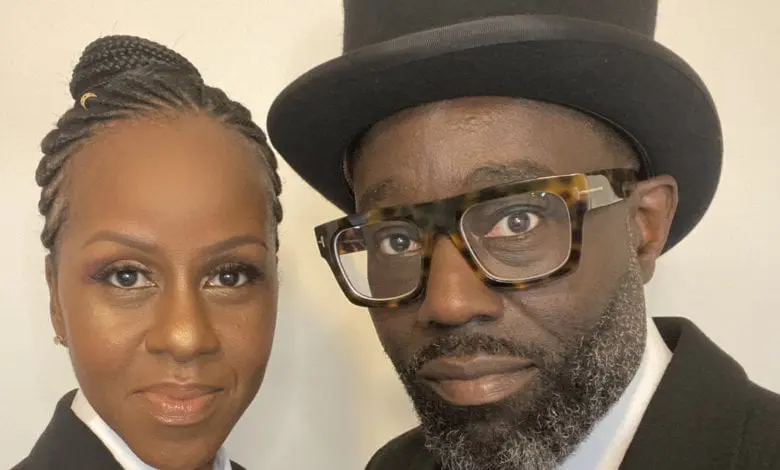Making our industry more diverse
A personal view from Paul McLean of Integrity Funeral Care

Back in October, Funeral Service Times kindly published an article I’d written for Black History Month bemoaning the lack of black funeral directors in the UK. I’d pointed out that fewer than 1% of our number are black and that people from Afro-Caribbean backgrounds had very different expectations of how and when a service would be conducted, the use of music and recitation, Nine Night celebrations and so on.

